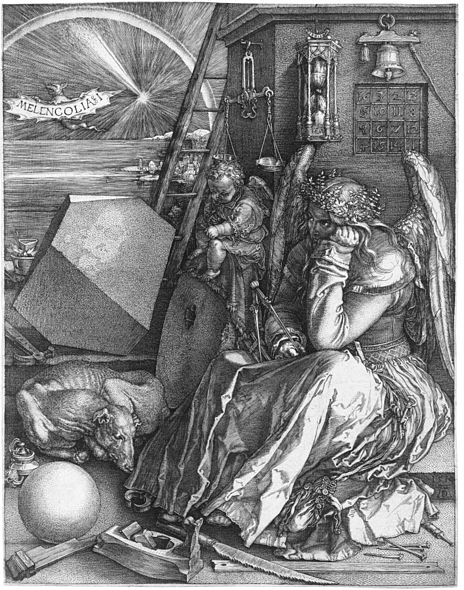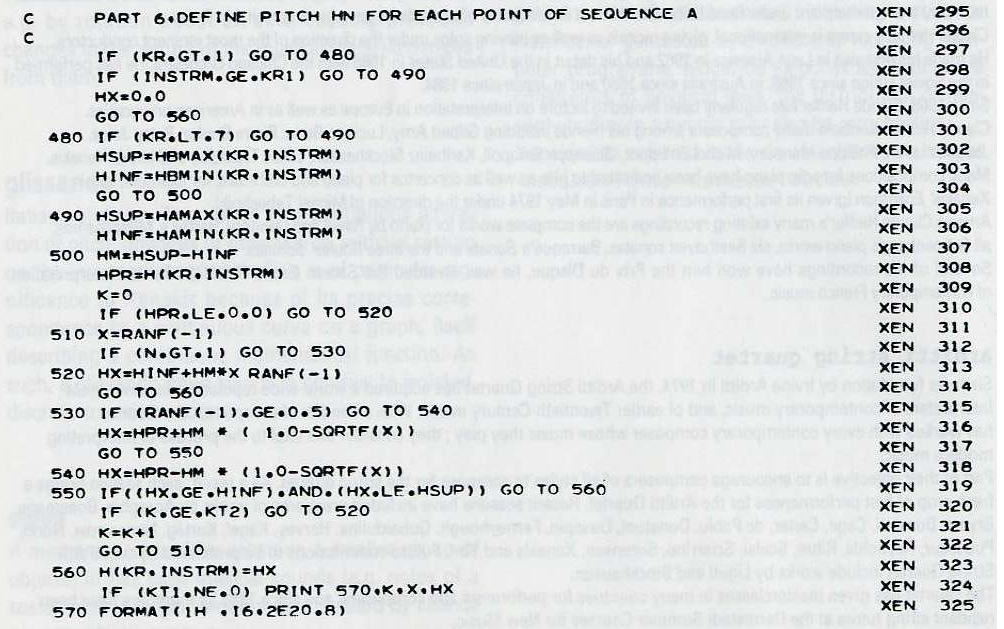When Kant insists that we ought to act from a sense of duty he is not making the absurd mistakes which have often been attributed to him. He is simply repeating the point with which he opens the argument of the Fundamental Principles of Metaphysic of Morals, that the only unconditional good is a good will. By this he means that the only state of a person which is unconditionally good from a moral point of view is the disposition to act from a sense of duty. He has two points in mind: (a) Whereas action from any motive can have bad results, the sense of duty alone is such that only by virtue of ignorance does it have bad results. Action from other motives even where ignorance is absent can lead to bad results. Thus the sense of duty is the only motive which has a direct conceptual tie to the categorically valid end of moral conduct. In this sense a good will is a categorical ought-to-be. (b) Although the general welfare is also an end in itself, a categorical ought-to-be, the ought-to-be of the happiness of any given individual is, Kant believes, conditional on his having a good will.
Wilfrid Sellars, Form and Content in Ethical Theory
It’s still hard for me to see how this is not question-begging or even circular. Sellars wants to bring in specificity to the data on which the good will acts, but this poses the problem of whether the good will obtains its disposition from this data (in which case the will is not unconditioned), or whether the disposition is innate and/or noumenal, in which case the will still has the capacity to act in a state of complete ignorance and still be acting from the sense of duty.
It was Sellars’s goal to merge scientific reality with phenomenological experience by offering a constructivist account of how our conceptual knowledge of the latter emerges without appealing to any pie-in-the-sky Platonism. Since Sellars’s problem was not with a priori knowledge in the Kantian sense per se (whether he would term this knowledge is a different question entirely), he would not have to necessarily be opposed to a naturalistic conception of morality, i.e., one that could fit within the scientific image. This is why he can say that for Kant, “The fallibility of moral philosophy is not the fallibility of empirical induction,” because morality need not be obtained from empirical induction. Consequently, Kant ends up doing a bit of Sellars’s work for him if Sellars can accept that the good will obtained in such a way fulfills the criteria required for a moral authority.



